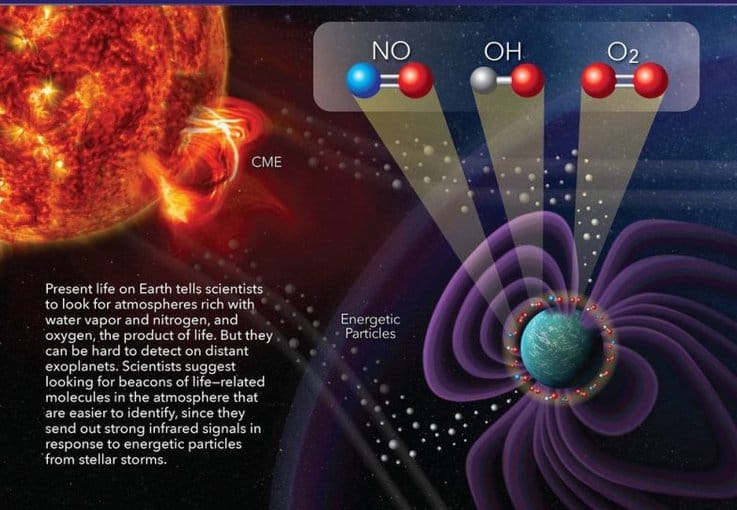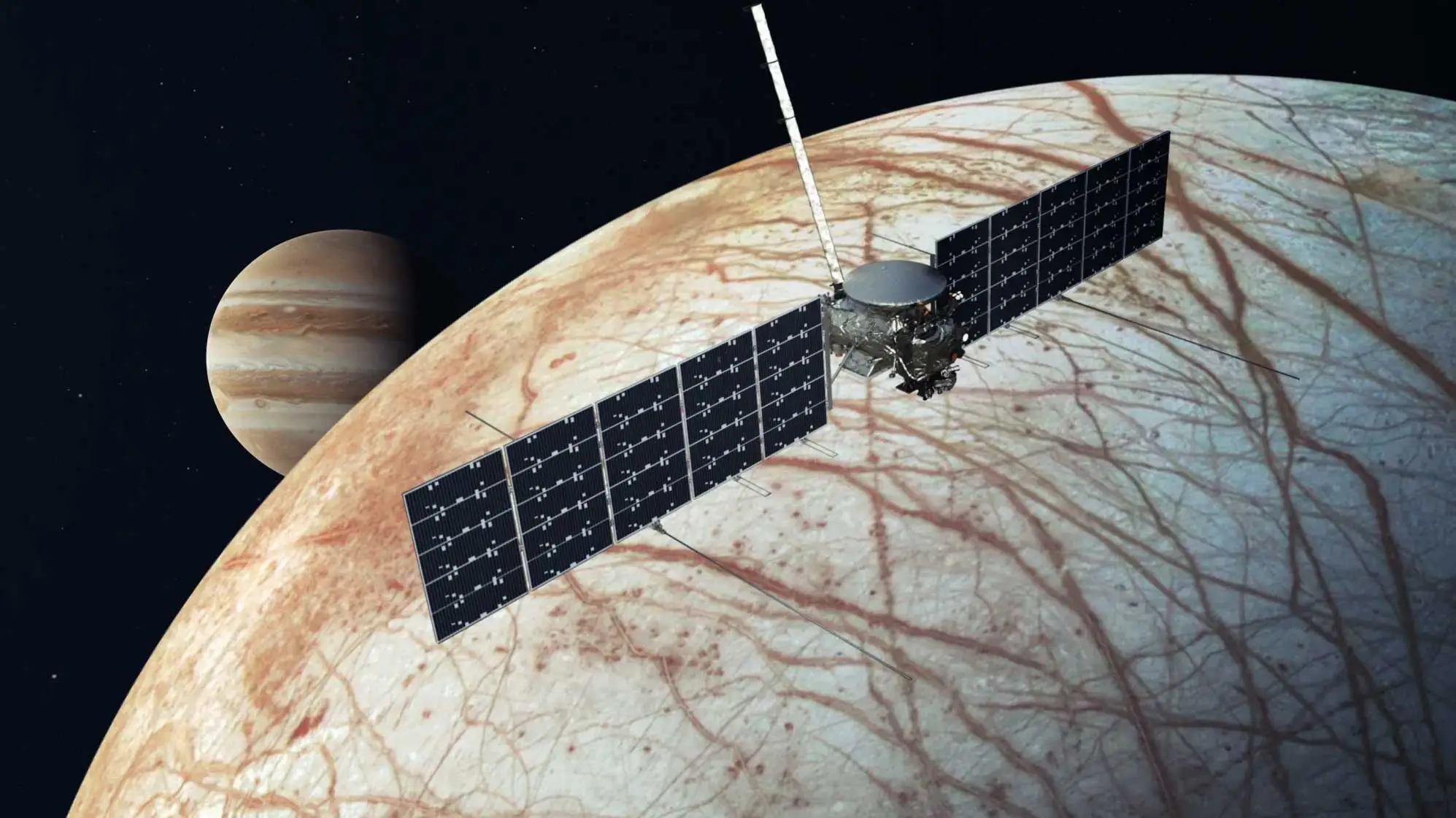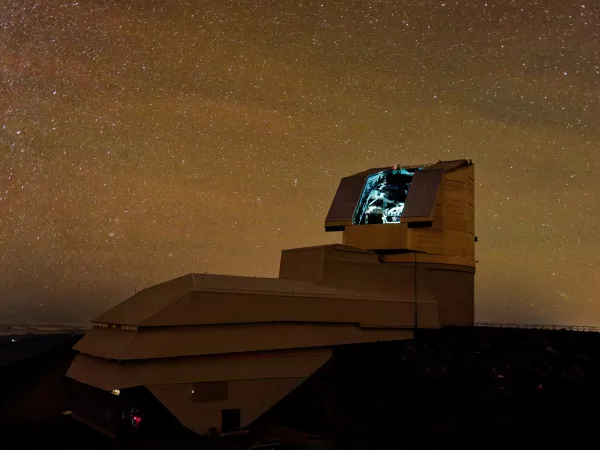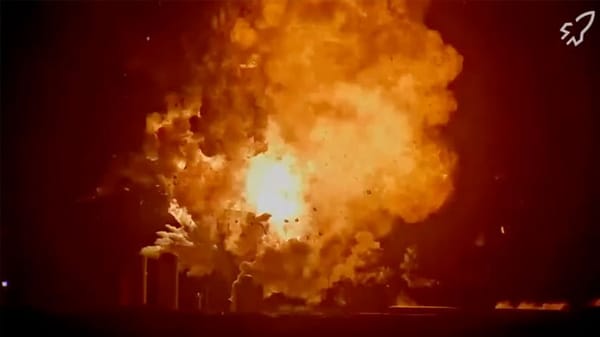What Is Life? The Challenge of Defining It Across Planets
What does it mean to be alive? This piece explores the scientific and philosophical challenge of defining life, and how that shapes our search for it on Mars, Europa, exoplanets, and beyond.
For all our advances in science, one fundamental question remains surprisingly hard to answer: What is life? As we search for life on Mars, Europa, and distant exoplanets, this question shapes not only our philosophy but also our science, influencing the instruments we build, the missions we launch, and how we interpret what we find.
The Elusive Definition
On Earth, life feels familiar: it grows, reproduces, consumes energy, and evolves. Yet these traits are not unique. Fire consumes energy. Crystals grow. Viruses replicate, but only inside host cells. Any definition we create risks being either too broad (including non-living systems) or too narrow, excluding forms of life we have not yet imagined.
Scientists have proposed various hallmarks of life:
- Metabolism — the use of energy to maintain order
- Replication — the ability to pass on information
- Evolution — the capacity for change across generations
- Bounded systems — structures that separate self from environment
No single feature captures all life perfectly, and no list satisfies every philosopher or biologist.
Working Definitions in Astrobiology
NASA offers a functional, if imperfect, working definition: “A self-sustaining chemical system capable of Darwinian evolution.”
Other proposals emphasize information processing, complexity, or thermodynamic principles.
More recent research into so-called agnostic biosignatures focuses on identifying patterns of complexity that could point to life regardless of its specific chemistry.
Why Definitions Matter
Our search for life beyond Earth depends on what we consider life to be. If we expect life to mirror Earth biology, we’ll look for organic molecules, energy gradients, and chemical disequilibria. But could we overlook alien life because it doesn’t match our expectations?
New Frontiers: Universal Life Detection
Innovative theories are expanding our approach. Assembly theory, proposed by Sara Walker and Lee Cronin, suggests that life produces complex objects unlikely to form randomly. Some scientists argue that life might best be understood as a process that generates and propagates complexity, an idea that invites us to rethink our instruments and strategies.
Current Searches for Life
In astronomy, researchers are probing exoplanet atmospheres for biosignatures such as oxygen, methane, and chemical combinations out of equilibrium, signs that might indicate biological activity. Instruments like the James Webb Space Telescope bring this work closer to reality.

Closer to home, robotic missions like Perseverance on Mars, the upcoming Europa Clipper, and ESA's Rosalind Franklin are searching for organics, isotopic ratios, and complex molecular patterns, potential markers of life past or present.

The Deeper Question
In the end, the search for life pushes us beyond detection. It asks us to reflect on what it truly means to be alive. Are we seeking copies of ourselves, or are we ready to recognize life in forms we have never seen?
What do you think? What feature do you believe is most essential for defining life across worlds?


